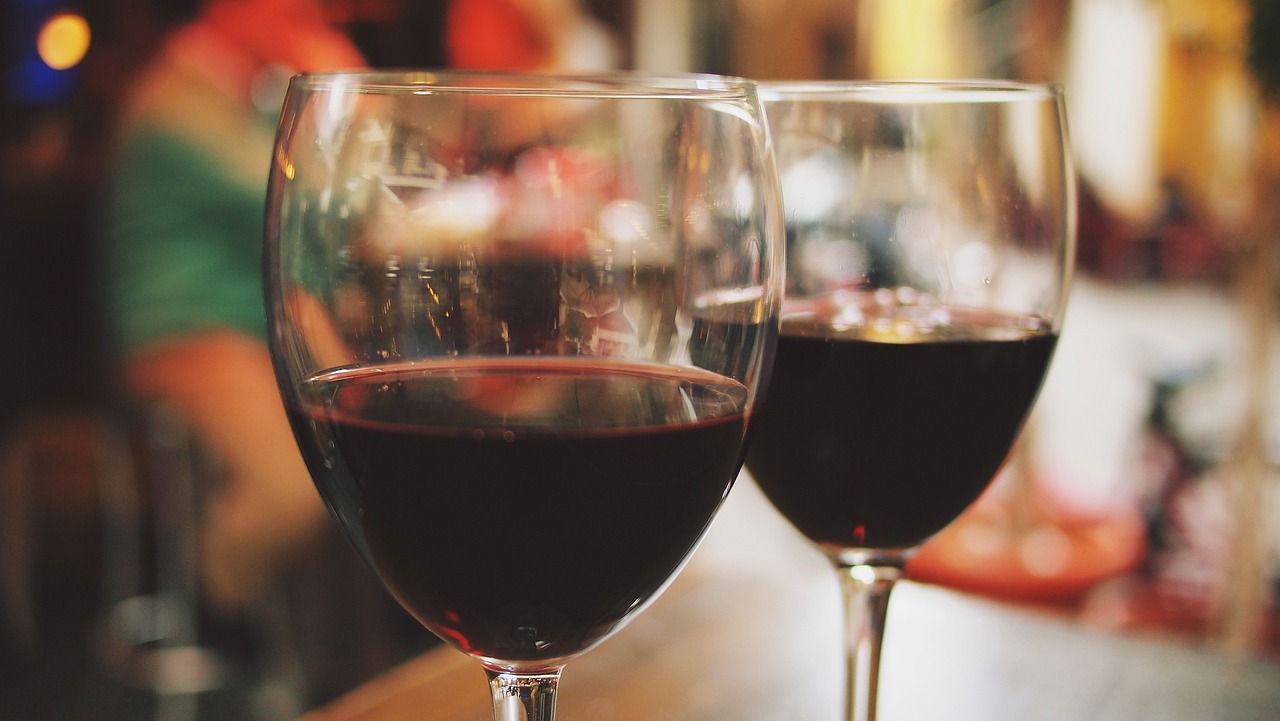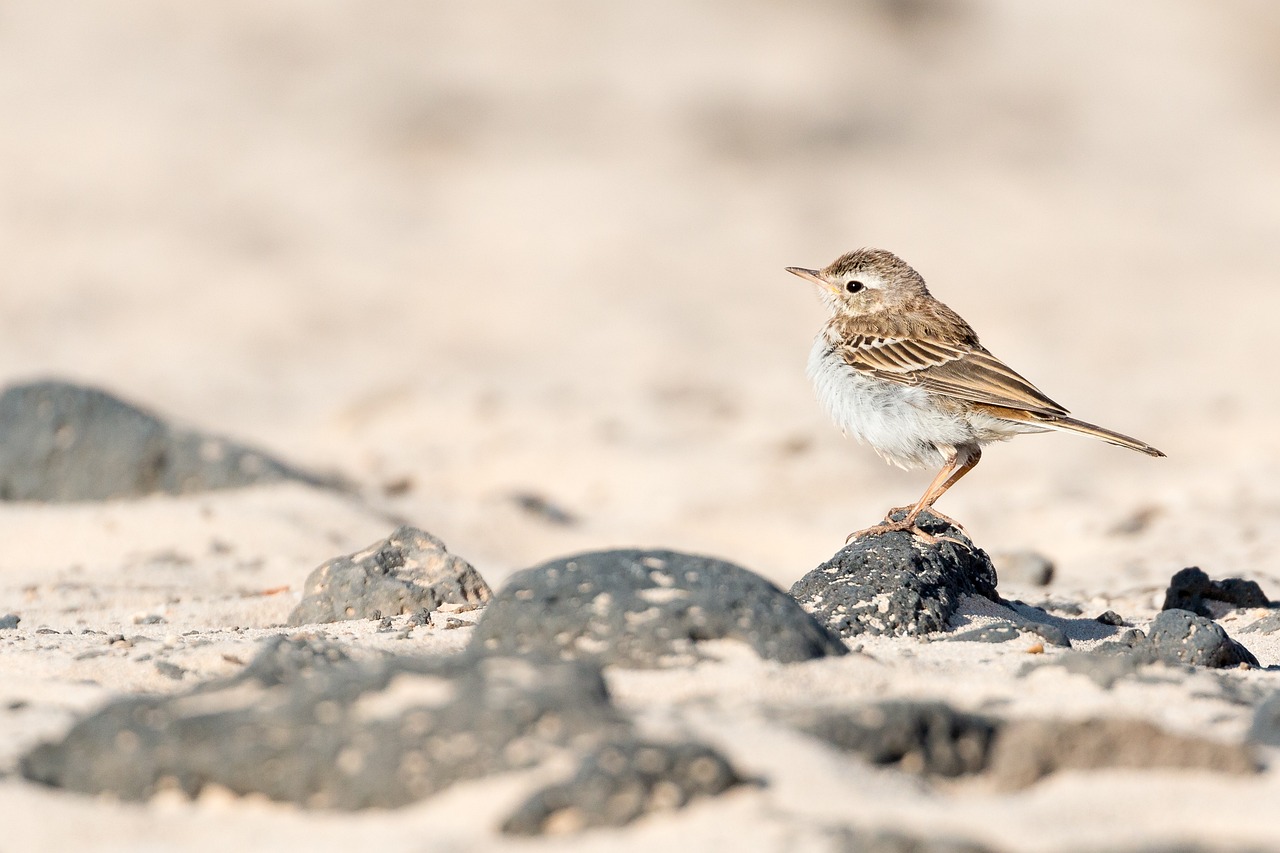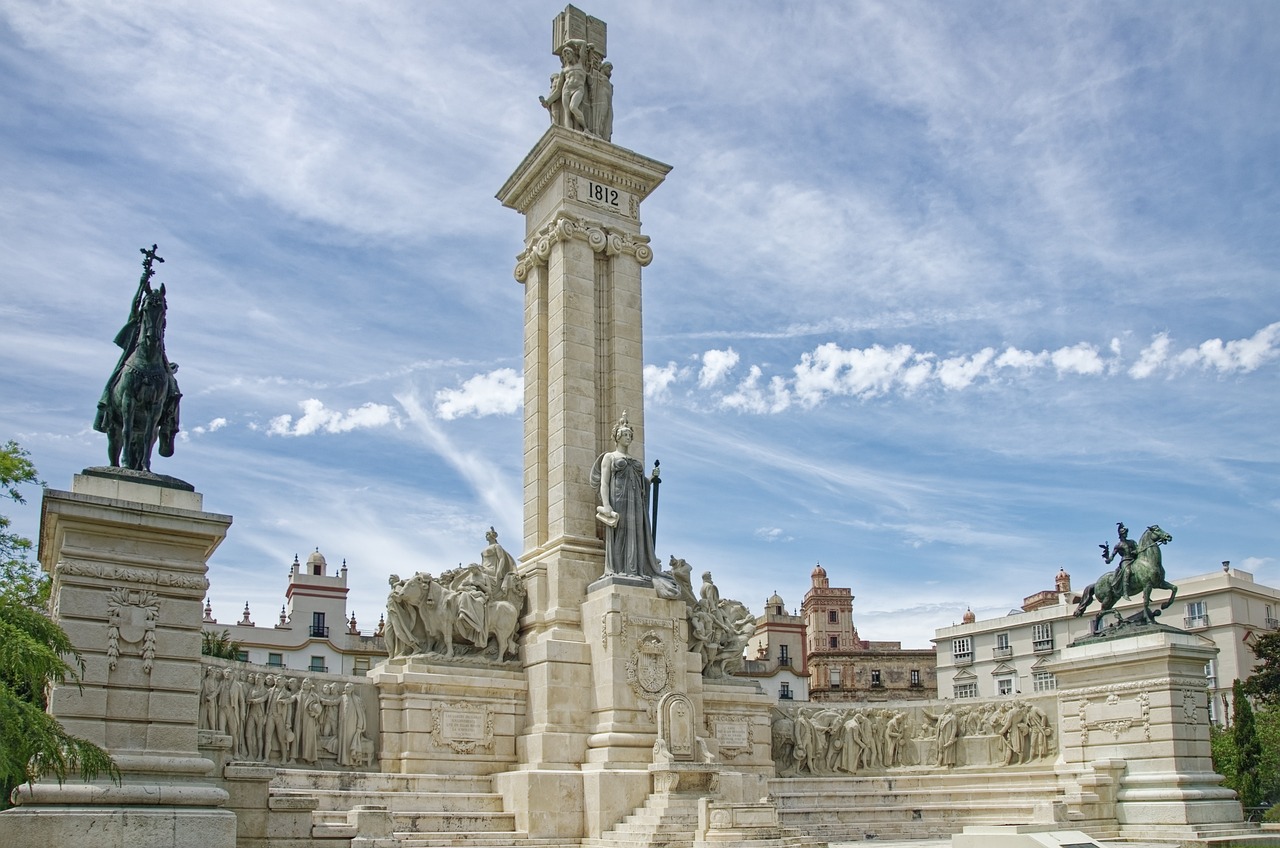Cultural Sensitivities: Understanding Local Norms in Spain
Spain, known for its vibrant culture, rich history, and diverse landscapes, is a popular destination for travelers from around the world. To fully appreciate and enjoy your time in Spain, it is essential to understand and respect the local norms and cultural sensitivities. This article aims to provide you with valuable insights into the customs and traditions of Spain, helping you navigate the country with ease and respect.
Language and Communication
Spanish, also known as Castilian, is the official language of Spain. While many Spaniards can communicate in English, especially in tourist areas and major cities, it is always appreciated when visitors make an effort to speak Spanish. Learning a few basic phrases and greetings can go a long way in establishing a positive connection with the locals.
- Greetings: When meeting someone for the first time, it is customary to greet them with a handshake and a warm “Hola” (Hello) or “Buenos días” (Good morning/Good day). In more informal settings, such as among friends or acquaintances, a kiss on both cheeks may be exchanged.
- Punctuality: Spaniards tend to have a relaxed approach to time, and it is not uncommon for social gatherings to start a bit later than the designated time. However, it is still considered polite to arrive on time for business meetings or formal events.
- Personal Space: Spaniards generally appreciate personal space and maintain a comfortable distance while conversing. It is essential to respect this cultural norm and avoid standing too close or touching someone unless you have a close relationship.
- Eye Contact: Maintaining eye contact during conversations is seen as a sign of respect and attentiveness in Spain. It is important to make eye contact while speaking or listening to someone, as it demonstrates your engagement and interest.
- Body Language: Spaniards are expressive communicators and often use hand gestures to emphasize their point. While it is acceptable to use gestures to enhance your communication, it is advisable to avoid excessive or offensive gestures.
Religion and Traditions
Spain has a rich religious heritage, with Catholicism being the predominant religion. Although Spain is a secular country, religious traditions and customs continue to play a significant role in the culture. Understanding and respecting these traditions can help you appreciate the local way of life.
- Religious Sites: Spain is home to numerous magnificent churches, cathedrals, and monasteries. When visiting these religious sites, it is important to dress modestly and behave respectfully. Avoid loud conversations or disruptive behavior.
- Public Holidays: Spain celebrates several public holidays, many of which have religious significance. During these holidays, it is common for businesses and shops to be closed or operate on reduced hours. It is advisable to plan your activities accordingly.
- Eating and Drinking: Spaniards often enjoy their meals in a leisurely manner, with lunch being the main meal of the day. It is customary to wait until everyone is served before starting to eat and to keep your hands on the table, rather than in your lap. Additionally, it is considered impolite to leave food on your plate, so try to finish what you are served.
- Bullfighting: Bullfighting is a traditional spectacle in Spain, particularly in certain regions like Andalusia. While it is a controversial practice, it remains an important part of Spanish culture for many. If you choose to attend a bullfight, it is essential to approach the event with an open mind and respect differing opinions.
- Siesta: The siesta, a midday break or nap, is deeply rooted in Spanish culture, especially in smaller towns and rural areas. During siesta time, many businesses may close for a few hours. It is advisable to plan your activities accordingly and respect the local custom.
Cuisine and Dining Etiquette
Spanish cuisine is renowned worldwide for its flavors and diversity. When dining in Spain, understanding the local dining etiquette will enhance your culinary experience and show respect for the traditions associated with food and mealtime.
- Tapas Culture: Tapas are a popular Spanish tradition, consisting of small plates of food that can be shared among friends or enjoyed individually. When ordering tapas, it is common to try a variety of dishes and share them with your companions.
- Meal Times: Spaniards have a different meal schedule compared to some other countries. Lunch, known as “la comida,” is typically served between 1:30 pm and 3:30 pm, while dinner, “la cena,” is enjoyed later in the evening, around 9:00 pm or even later. It is advisable to adjust your mealtime expectations accordingly.
- Bread and Olive Oil: Bread and olive oil are staples in Spanish cuisine. It is customary to place a piece of bread on your plate and dip it in the olive oil. However, it is considered impolite to butter the bread or use it to mop up sauces.
- Tipping: Tipping in Spain is not as common or expected as in some other countries. However, it is customary to leave a small tip, typically rounding up the bill or leaving a few euros, to show appreciation for good service.
- Table Manners: Spaniards tend to have a relaxed approach to dining, and it is common for meals to last for several hours. Enjoy your food at a leisurely pace, engage in conversation, and refrain from rushing through your meal.
Image 1:

Festivals and Celebrations
Spain is renowned for its lively festivals and celebrations, which often showcase the country’s cultural heritage and traditions. Participating in these events can provide a unique insight into Spanish culture and create memorable experiences.
- La Tomatina: Held in the town of Buñol, La Tomatina is a famous tomato-throwing festival that takes place on the last Wednesday of August. Participants engage in a friendly tomato fight, creating a vibrant and messy spectacle.
- Feria de Abril: The Feria de Abril is one of the most important festivals in Seville, featuring flamenco dancing, traditional costumes, bullfights, and a lively fair with amusement rides and delicious food.
- San Fermín Festival: The San Fermín Festival, held in Pamplona, is famous for its running of the bulls, where participants run alongside bulls through the streets. It is a thrilling and adrenaline-filled event that attracts visitors from all over the world.
- Las Fallas: Valencia’s Las Fallas festival is a celebration of art, music, and fire. Elaborate sculptures made of paper and wood are displayed throughout the city, and on the final night, they are set on fire in a spectacular display.
- Semana Santa: Semana Santa, or Holy Week, is a significant religious celebration in Spain, particularly in cities like Seville and Malaga. Processions, featuring elaborate floats and religious icons, fill the streets, creating a solemn and awe-inspiring atmosphere.
Image 2:

Art and Architecture
Spain is renowned for its exceptional art and stunning architecture, with a rich history of influential artists and architectural styles. Exploring the art and architecture of Spain provides a deeper understanding of the country’s cultural heritage.
- Sagrada Familia: Barcelona’s iconic Sagrada Familia is a masterpiece designed by the renowned architect Antoni Gaudí. The ongoing construction of this breathtaking basilica showcases a unique blend of Gothic and Art Nouveau styles.
- Prado Museum: Located in Madrid, the Prado Museum is home to an extensive collection of European art, including masterpieces by Spanish artists such as Velázquez, Goya, and El Greco. A visit to the Prado is a must for art enthusiasts.
- Alhambra: The Alhambra, a stunning palace and fortress complex in Granada, showcases the exquisite Moorish architecture and intricate Islamic designs. It is a UNESCO World Heritage site and a testament to Spain’s diverse cultural influences.
- Picasso Museum: Situated in Barcelona, the Picasso Museum houses a significant collection of works by the legendary artist, Pablo Picasso. The museum provides insight into Picasso’s artistic evolution and his deep connection to the city.
- Guggenheim Museum Bilbao: The Guggenheim Museum in Bilbao is an architectural marvel designed by Frank Gehry. Its distinctive titanium curves and innovative design have made it an iconic symbol of modern architecture.
Image 3:

Conclusion
By understanding and respecting the cultural sensitivities and local norms in Spain, you can have a more immersive and rewarding experience. From language and communication to religious traditions, cuisine, festivals, and art, Spain offers a rich tapestry of customs and traditions to explore. Embrace the diversity and vibrancy of Spanish culture, and you will create lasting memories of your time in this beautiful country.
References
- spain.info
- lonelyplanet.com
- britannica.com
- theculturetrip.com
- timeout.com

